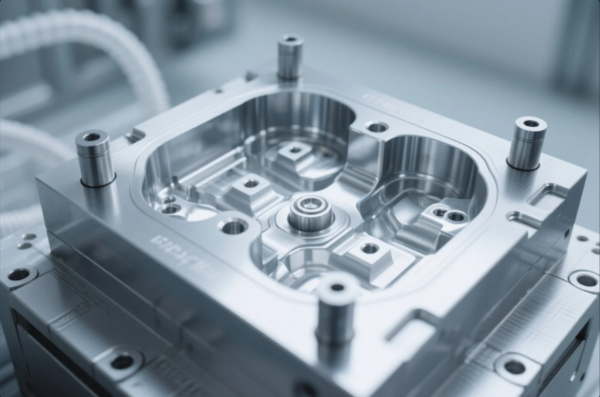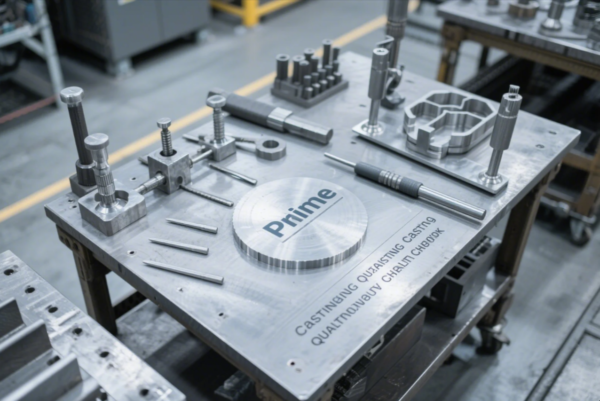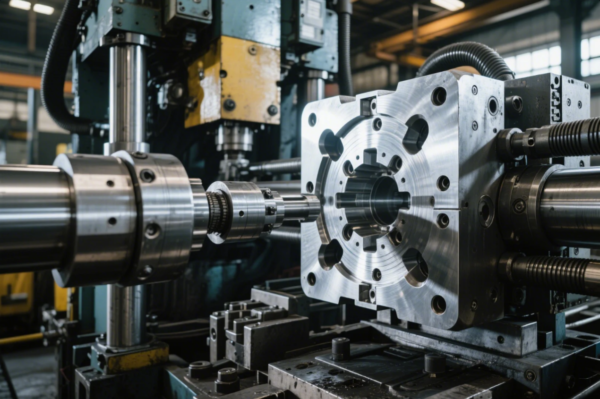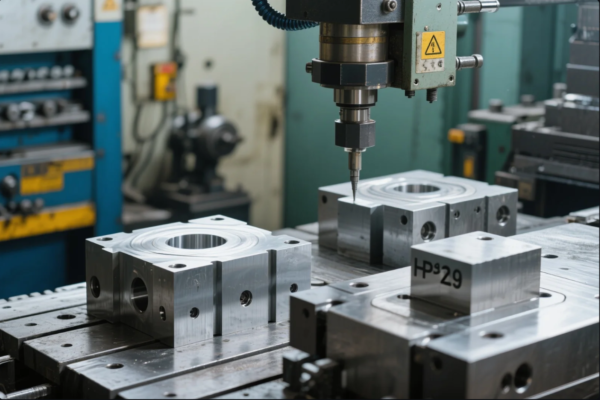What to use instead of screws
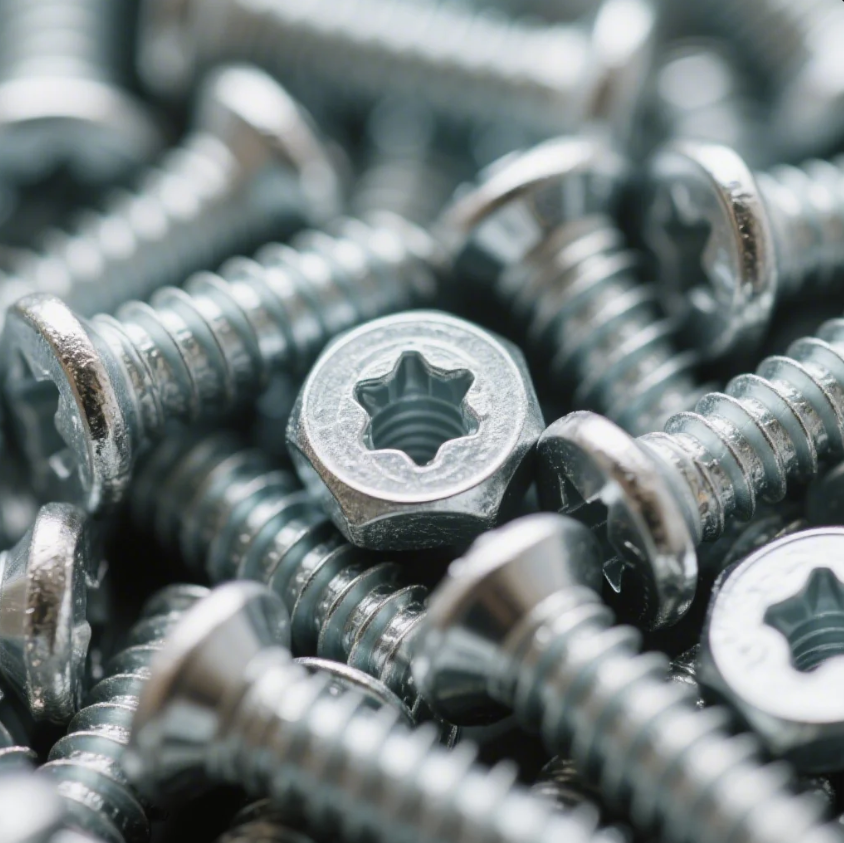
Screws are a common fastener, but they aren't always the best option for every project. Whether you're looking for a cleaner solution, something quicker, or simply a more appropriate fastener for a specific material, there are various alternatives to screws that can get the job done.
Snippet paragraph: If you're searching for alternatives to screws, there are many other fasteners to consider, such as nails, adhesives, rivets, and more. Let’s explore some great options.
In this article, we’ll cover different fastener alternatives to screws, including options for set screws, nails, and other commonly used materials.
What can I use in place of screws?
If you're looking for a way to fasten materials without using screws, there are many alternatives depending on your application. Here are a few options:
Snippet paragraph: You can use alternatives like nails, rivets, glue, or clips to fasten materials, each offering different strengths and benefits.
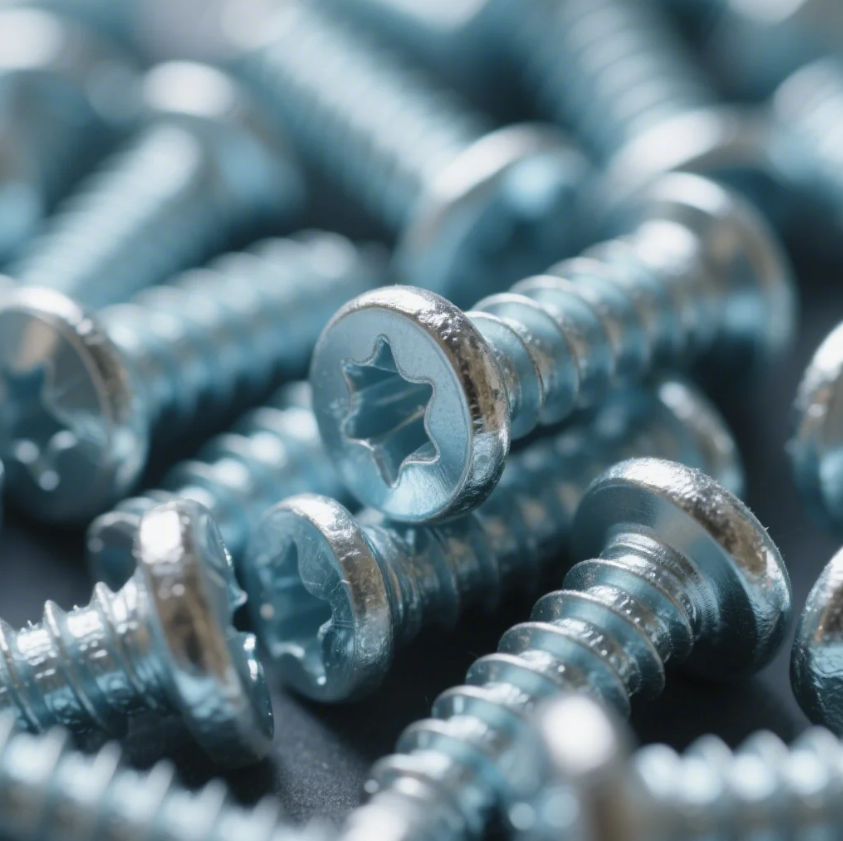
1. Nails:
Nails are a classic alternative to screws and are often used for quick, temporary connections, particularly in wood framing and construction. Nails are easier and faster to install but don’t offer the same holding power as screws.
- Applications: Ideal for light construction, framing, and woodworking.
- Advantages: Quick to install, inexpensive, and available in various sizes.
2. Rivets:
Rivets are a great alternative for permanent fastening, especially when working with metal or thicker materials. Once installed, rivets provide a strong, long-lasting connection that doesn’t need to be undone.
- Applications: Common in automotive, aerospace, and construction industries.
- Advantages: Permanent, strong, and secure.
3. Adhesives:
For applications where you need a smooth, invisible connection, adhesives can be an excellent alternative to screws. Specially formulated glues or bonding agents provide a solid hold and can be used for wood, plastic, metal, and even ceramics.
- Applications: Used in furniture making, electronics, and when joining dissimilar materials.
- Advantages: Clean finish with no visible fasteners, quick application.
4. Clamps:
Clamps provide a temporary fastening solution without leaving any permanent marks. They're useful when you need to hold two parts together while glue or adhesive sets, or when doing woodworking or metalworking.
- Applications: Woodworking, metalworking, and holding parts together during assembly.
- Advantages: Reusable, adjustable, and leaves no permanent damage.
5. Bolts and Nuts:
For heavy-duty fastening, bolts and nuts can replace screws, especially when more strength is needed. These provide an adjustable, secure fastening solution.
- Applications: Structural applications, machinery, and automotive.
- Advantages: High strength, easy to remove, and can hold more weight than screws.
What is an alternative to set screws?
Set screws are typically used to secure parts without visible fasteners. If you need an alternative to set screws, there are several options depending on the application.
Snippet paragraph: Alternatives to set screws include pins, keys, and adhesive solutions, depending on the application and strength required.
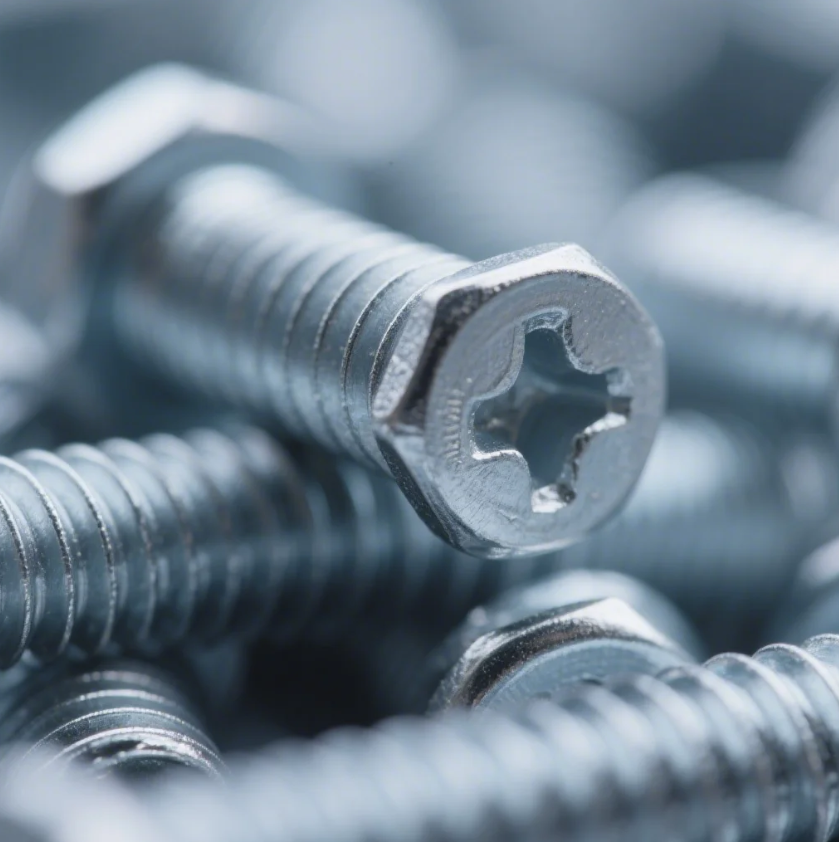
1. Pins:
Pins, such as cotter pins or dowel pins, can replace set screws to secure parts in place. These are often used in mechanical systems to prevent components from moving.
- Applications: Common in machinery, automotive, and mechanical systems.
- Advantages: Simple, durable, and can be easily removed or replaced.
2. Keys:
Keys are often used in shafts or pulleys to lock components into place. They provide a secure hold and are a popular alternative to set screws in machinery.
- Applications: Used in shafts, motors, and pulleys.
- Advantages: Effective for rotational connections, easy to install.
3. Adhesives:
For applications where a more permanent, non-removable connection is needed, industrial-strength adhesives can replace set screws. These are particularly useful for joining metal, plastic, or other non-threaded materials.
- Applications: Used in bonding parts that don't require disassembly.
- Advantages: Clean, strong, and often more permanent than mechanical fasteners.
What is an alternative to screws and nails?
When you're looking for something beyond screws and nails, there are many alternatives that offer additional benefits. Whether you need a cleaner look, stronger hold, or faster application, consider these options:
Snippet paragraph: Alternatives to screws and nails include rivets, staples, and adhesives, each providing a unique way to fasten materials together.
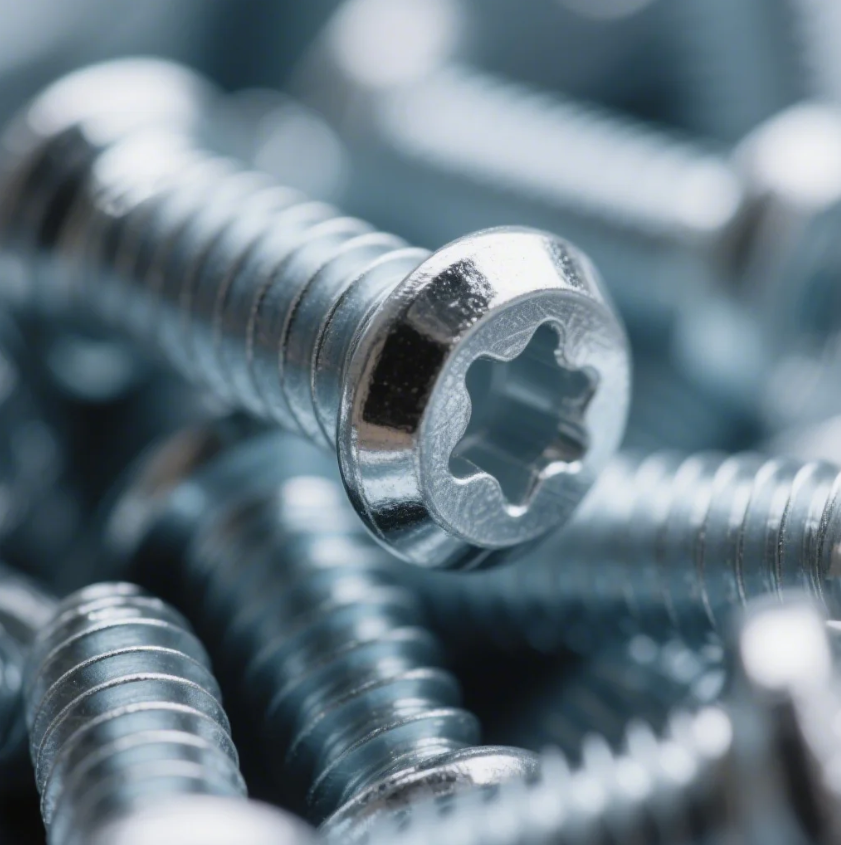
1. Rivets:
Rivets are perfect when you need a permanent, tamper-proof solution for fastening materials. They are commonly used in metalworking and large-scale construction projects.
- Applications: Metalworking, construction, aircraft assembly.
- Advantages: Permanent, strong, and resistant to vibration.
2. Staples:
Staples are ideal for lightweight applications, such as securing fabric to wood or cardboard, and are frequently used in upholstery and packaging industries.
- Applications: Upholstery, packaging, and securing light materials.
- Advantages: Fast, easy to use, and inexpensive.
3. Adhesive Tapes:
For applications where visible fasteners are undesirable, adhesive tapes (such as double-sided or construction tape) can be an excellent alternative.
- Applications: Mounting pictures, light construction, automotive interiors.
- Advantages: Clean finish, easy to apply, and works on a variety of surfaces.
4. Clamps and Clips:
For temporary fastening, especially when the material needs to be adjusted or repositioned, clamps and clips offer an easy-to-use alternative.
- Applications: Woodworking, metalworking, and temporary assemblies.
- Advantages: Reusable, adjustable, and easy to remove.
What are 7 types of fasteners?
There are a wide variety of fasteners, each designed for a specific purpose. Here are seven common types of fasteners you may encounter:
Snippet paragraph: There are several types of fasteners, including screws, bolts, rivets, nuts, washers, pins, and clips. Each serves a different purpose depending on the application.
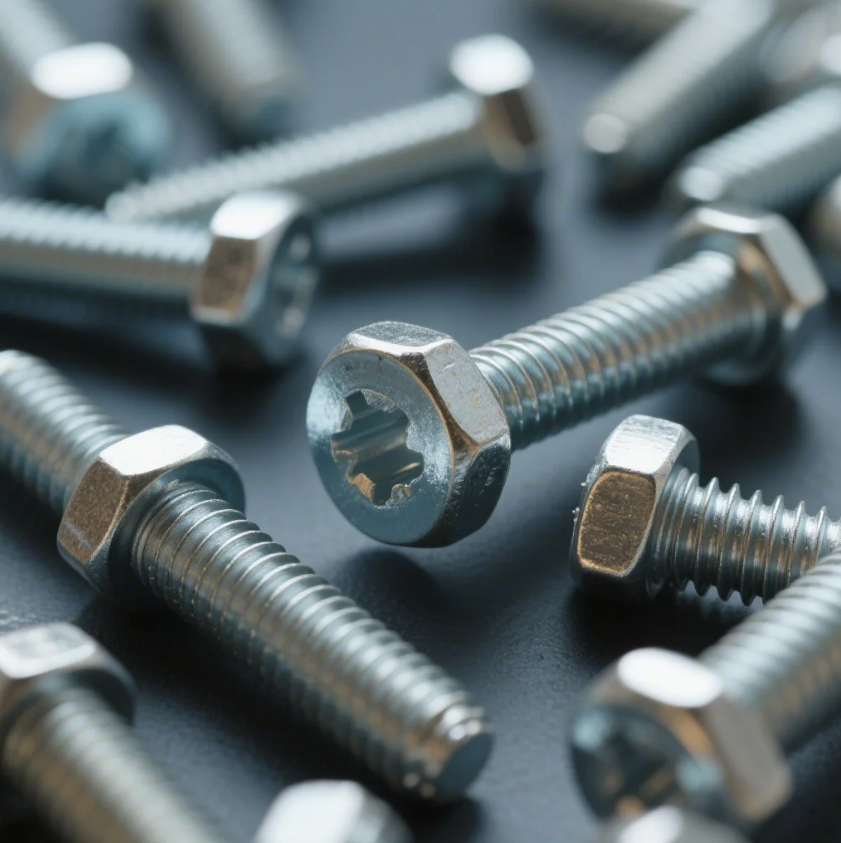
7 Types of Fasteners:
- Screws: Used for a wide range of applications, screws are versatile and easy to remove.
- Bolts: Used in conjunction with nuts, bolts provide a strong, adjustable fastening system.
- Rivets: Ideal for permanent connections, often used in metalworking and large-scale constructions.
- Nuts: Paired with bolts, nuts provide a secure and adjustable connection.
- Washers: Used with bolts and nuts to distribute pressure and prevent surface damage.
- Pins: Such as cotter or dowel pins, used to secure or align parts in mechanical assemblies.
- Clips: Often used for light-duty fastening or for holding parts together temporarily.
Conclusion
While screws are a common and reliable fastening solution, there are many alternatives depending on the needs of your project. Whether you're looking for something temporary, permanent, or clean, fasteners like rivets, nails, adhesives, and bolts can offer strong, durable, and cost-effective solutions. Understanding the different types of fasteners and their uses is essential when it comes to ensuring the right choice for your applications, whether in construction, manufacturing, or even everyday DIY projects.
Explore your fastener options and consider using an alternative based on the specific requirements of your task.

